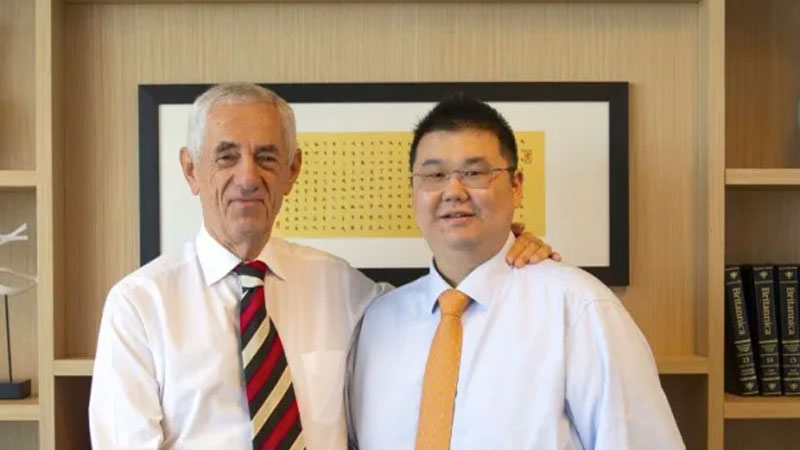Report Paints Dim Portrait of iProsperity
As much as $180 million of finance provided by a long list of creditors could be lost as administrators across collapsed property group iProsperity come to terms with the company’s mishandling.
During recent years iProsperity had positioned itself as one of Australia’s largest hotel owners, backed by the SB&G Hotel Group, before they parted ways last year.
Leading up to the company being placed into voluntary administration in July, iProsperity, led by Michael Gu, claimed the backing of wealthy Asian investors as it pressed ahead with a series of luxury hotel and commercial property deals.
Gu claims to have raised more than $1 billion from investors since founding iProsperity in 2010, including approximately $180 million through the federal government Significant Investor Visa (SIV) program.
In a report released by KPMG, the administrator for one of iProsperity’s 64 failed companies, the underlying causes of the company’s failure were put down to the “potential misuse of investor funds by the company and director” as well as “a lack of records and poor management”.

“The company appears to have used funds raised from investors and deemed to be held on trust in a manner which was inappropriate and in breach of certain agreements between investors and the company,” KPMG administrator Morgan John Kelly said.
“[iProsperity’s] director appears to have breached director duties and has also failed to provide their views as to the reasons for the company’s failure.”
Twelve companies in the group went into administration on July 16, with founder Michael Gu initially claiming the move would allow him to restructure and return to the market in a stronger position.
That claim quickly disintegrated as a string of aggrieved creditors and court findings against Gu were brought forward.
The big four consulting firm is currently administrator for iProsperity Capital Management, while insolvency firm Cor Cordis is investigating iProsperity Group and iProsperity Pty Ltd as well as nine other related entities.
“We are of the opinion that the company has been insolvent since incorporation in July 2019,” Kelly said.
“Given the seriousness of possible misconduct by the director and the requirement for significant investigations to be undertaken by a liquidator, it is [the administrators’] view that the company should not be resurrected by way of a DOCA should one be proposed.”

In its report, KMPG stated that $30 million was transferred from the trust account of Landerer & Company, run by Sydney-based lawyer John Landerer.
Along with the $30 million sum transferred from the Landerer trust account, a further $500,000 payment to Landerer’s law firm and $4.3 million was paid to investors and others.
The administrator found that from its preliminary analysis of the company’s finances, iProsperity Capital Management Pty Ltd had collected debts of $60.5 million.
iProsperity Capital Management raised $60.5 million to buy a portfolio of Ibis hotels across Australia in a deal worth about $220 million.
KMPG said the entire $60.5 million was missing, and the broader group appeared to have no assets.
The report also noted that $14.1 million in investor funds had been paid to Gu personally and a further $11.7 million to related parties.
Gu splashes out on Lamborghini in May
The report also highlighted a $290,000 purchase on May 13—in the lead-up to the company’s collapse—used to partially fund the purchase of a Lamborghini.
“Zagame Automotive Group subsequently confirmed that they received the funds towards a partial payment for a motor vehicle, however the motor vehicle was not purchased by the company,” Kelly said.
“Our investigations confirmed that the motor vehicle was a Lamborghini Urus and was purchased by the director.
“[This] suggests that the director has used the company’s funds, raised from investors for specific investment purposes, to part-fund the purchase of a personal asset.”
KMPG highlighted that Gu has not accounted back to the company in respect of the sale proceeds from the vehicle.














